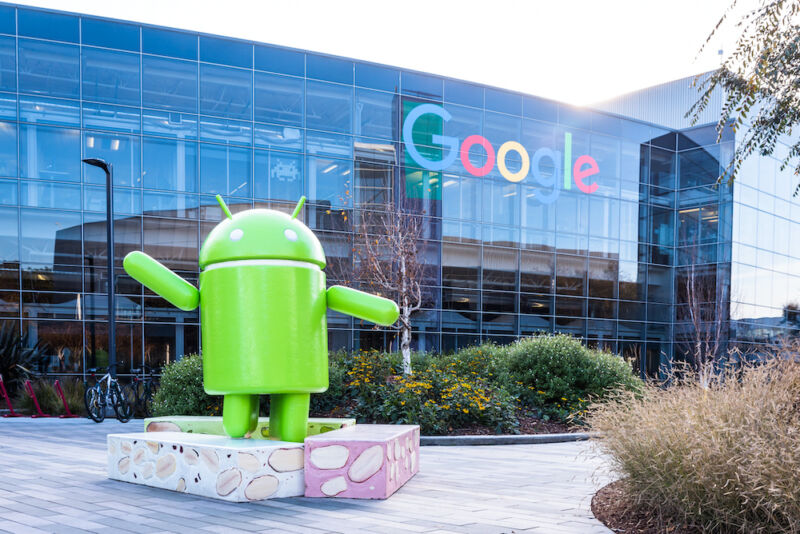Google merges the Android, Chrome, and hardware divisions

Google is doing a major re-org of Android, Chrome, and the Google hardware division: They’re merging! Google Hardware SVP Rick Osterloh will lead the new “Platforms and Devices” division. Hiroshi Lockheimer, Google’s previous head of software platforms like Android and ChromeOS, will be headed to “some new projects” at Google.
“Having a unified team across Platforms & Devices will help us deliver higher quality products and experiences for our users and partners,” writes Google CEO Sundar Pichai. “It will help us turbocharge the Android and Chrome ecosystems, and bring the best innovations to partners faster — as we did with Circle to Search with Samsung. And internally, it will also speed up decision-making.”
Google also justifies the decision the same way it does most decisions nowadays: by saying it’s AI-related. The announcement is a few paragraphs in a wide-ranging post by Pichai, titled, “Building for our AI future,” and the new division is taking a chunk of Google Research along with it, specifically the group that has been working on computational photography. Pichai wants the team to live in “the intersection of hardware, software, and AI.”
Osterloh’s tweet on the reorganization reads: “Excited to take on this new challenge and accelerate AI innovation across the Android ecosystem, I look forward to working with @Cristianoamon [Qualcomm’s CEO] and his team and increasing our strategic collaboration with @Qualcomm and @Snapdragon for Android, not just in mobile but across compute, XR and auto.” Dedicating the entire second half of that post to Qualcomm is interesting. Google’s development of the in-house Pixel Tensor chip with Samsung has put Osterloh’s hardware division at odds with Qualcomm, Android’s biggest chip partner. At the Pixel 6 launch, Osterloh said Google was “held back for years” in AI before it started making its own chips, which was a shot at the Qualcomm chips it was previously using. Qualcomm CEO Cristiano Amon replied, too—apparently the two executives are publicly making nice.
We’ll see exactly how the rest of the Android ecosystem reacts to this, though they’ve probably already been briefed about it. When Google started making Pixel phones, there was supposed to be a “firewall” between the Android and hardware teams—an assurance to partners that Google wouldn’t play favorites with its in-house hardware team. That also means Osterloh, specifically, is the person who has been “firewalled” off from the rest of the Android ecosystem, and now he’s in charge of everything. Longtime Googler Sameer Samat is taking over as president of Android Ecosystem, and since he was previously the VP of that role under Lockheimer, he has all the ecosystem relationships already.
Somewhat undercutting the announcement is an interview Osterloh gave to The Verge about the re-org, where, when asked about the legendary firewall, he indicated it would still stick around: “We have always kept distinct teams between Android and our ecosystem partners, and our first-party hardware efforts.” Hope that clears everything up.
https://arstechnica.com/?p=2018279